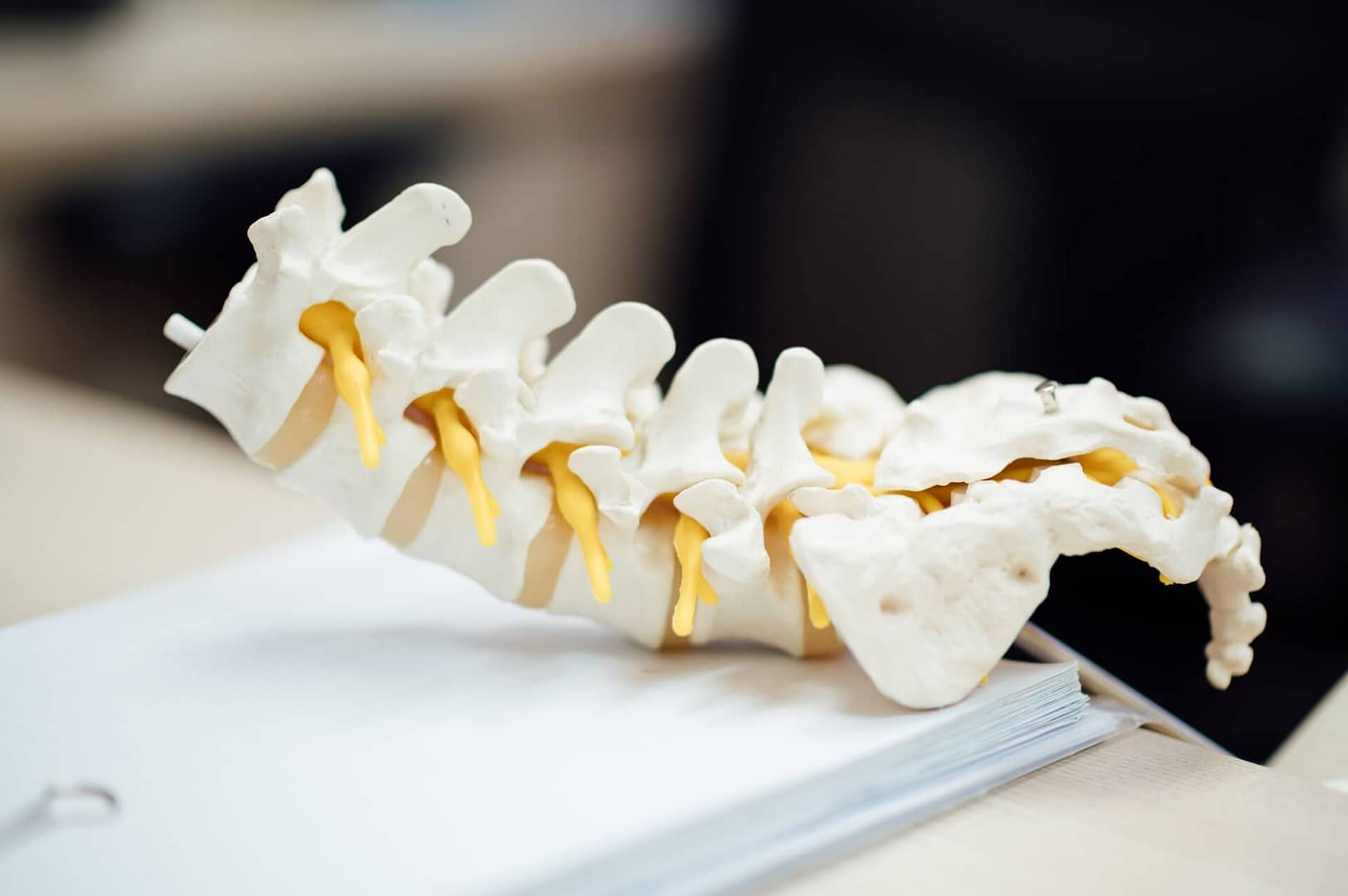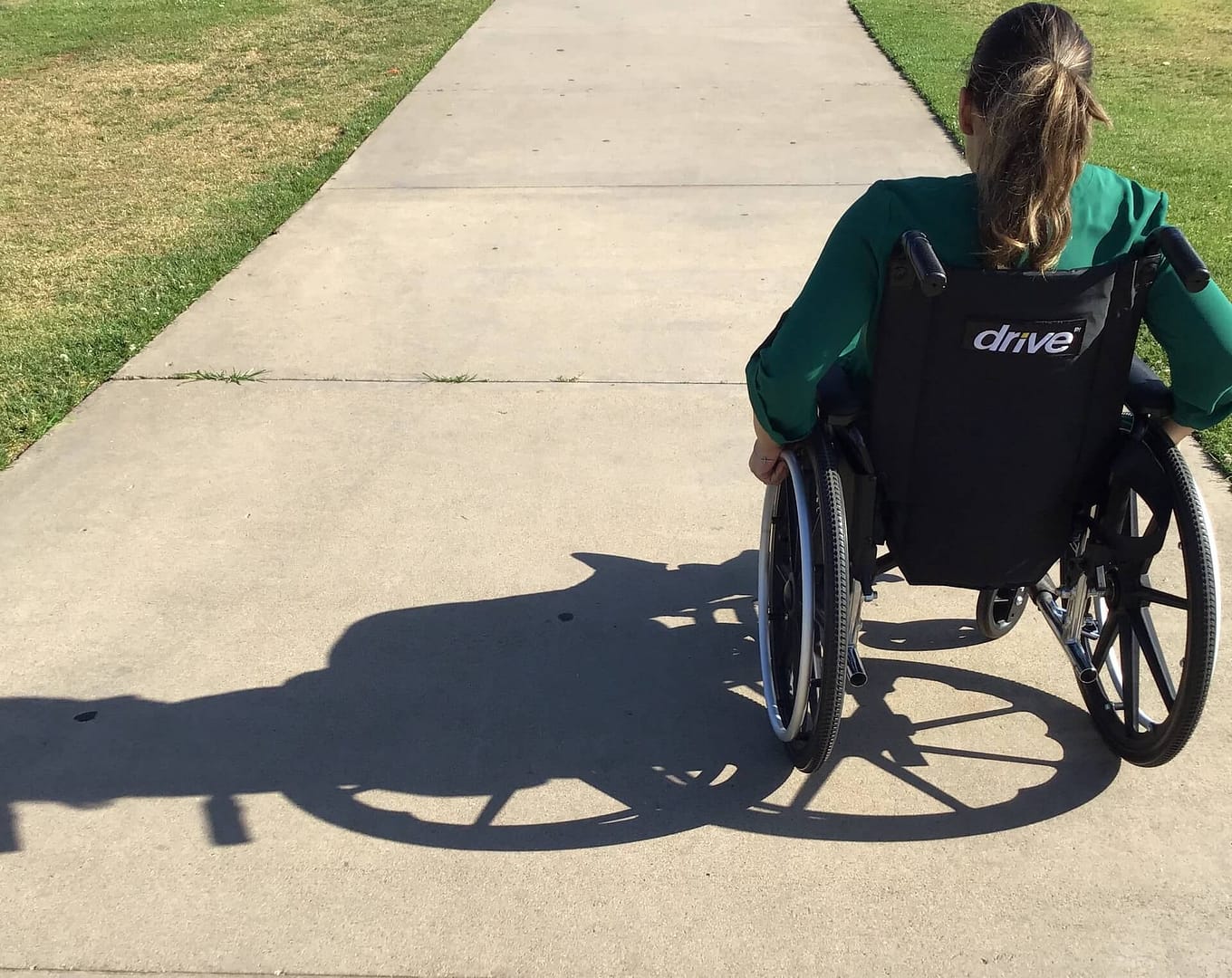Repetitive spinal cord trauma, the subject of our discussion today, is a critical issue that affects the lives of countless individuals worldwide. This article delves into the intricacies of this condition, exploring its causes, consequences, and the pressing question of whether a spinal cord injury can worsen over time. We will also address the most serious permanent effects of spinal cord trauma.
Understanding Repetitive Spinal Cord Trauma
Repetitive spinal cord trauma, a condition often overshadowed by acute traumatic injuries, is characterised by the recurring, cumulative damage to the spinal cord over an extended period. While it may not garner as much attention as immediate, high-impact injuries, it can have far-reaching consequences for individuals in the long run.
Repetitive spinal cord trauma can result from various activities and lifestyle choices. A few common contributors include poor posture, frequent heavy lifting, and even the relentless jarring experienced by athletes in contact sports. While these actions may seem benign in isolation, the cumulative effect on the spinal cord is not to be underestimated.
The Worsening of Spinal Cord Injury Over Time
One of the pressing questions that individuals with spinal cord trauma grapple with is whether their condition can worsen over time. The answer is not straightforward, as it largely depends on the nature and severity of the initial injury.
In some cases, a spinal cord injury can indeed deteriorate over time. This typically occurs when individuals experience repetitive trauma to an already compromised spinal cord. An initial injury weakens the spinal cord’s integrity, making it more susceptible to further damage. For instance, if someone sustains a moderate spinal cord injury and then continues to engage in activities that put additional strain on the spine, the condition may deteriorate gradually. This is why it’s crucial for those with a history of spinal cord trauma to take extra precautions and seek medical advice.
The Most Serious Permanent Effects of Spinal Cord Trauma
Spinal cord trauma, whether acute or repetitive, can lead to a range of permanent effects. These consequences can significantly impact an individual’s quality of life. The severity of these effects depends on the location and extent of the injury. Let’s explore some of the most serious permanent effects.
Paralysis
Perhaps the most well-known and severe consequence of spinal cord trauma is paralysis. This occurs when the injury disrupts the communication between the brain and the affected body parts. Paralysis can be partial or complete and may impact one side of the body or both. It can affect the legs, arms, or even the entire body, depending on the level of the spinal cord affected.
Loss of Sensation
Spinal cord trauma often results in a loss of sensation in the affected areas. This means that individuals may not be able to feel touch, temperature, or pain in specific regions of their bodies. This loss of sensation can lead to complications, as individuals may not be aware of injuries or wounds in those areas, increasing the risk of infections and other health issues.
Loss of Function
The loss of motor function is another critical permanent effect of spinal cord trauma. Depending on the location and severity of the injury, individuals may lose the ability to perform essential activities of daily living, such as walking, eating, or dressing themselves. These losses can significantly impact a person’s independence and quality of life.
Chronic Pain
Chronic pain is a common consequence of spinal cord trauma. Nerve damage and changes in the spinal cord’s structure can lead to ongoing pain in the affected areas. This pain can be challenging to manage and may require long-term medical intervention.
Bowel and Bladder Dysfunction
Spinal cord trauma often results in dysfunction of the bowel and bladder. Individuals may have difficulty controlling their bowel and bladder movements, which can lead to incontinence and the need for specialised care and equipment.
Coping with Repetitive Spinal Cord Trauma
Living with repetitive spinal cord trauma can be challenging, but there are strategies and interventions that can help individuals cope with their condition and reduce the risk of further damage. Here are some key considerations for those dealing with this issue.
Seek Medical Guidance
If you suspect that you are experiencing the effects of repetitive spinal cord trauma, it’s essential to seek medical guidance. A healthcare professional can assess your condition, provide a diagnosis, and recommend appropriate treatment and lifestyle adjustments.
Physical Therapy
Physical therapy is a crucial component of managing spinal cord trauma. A trained therapist can work with individuals to improve their strength, flexibility, and overall physical well-being. This can help individuals regain some lost function and maintain their independence.
Assistive Devices
For individuals with severe spinal cord injuries, assistive devices can play a significant role in daily life. Wheelchairs, mobility aids, and adaptive equipment can help individuals perform daily tasks and maintain their mobility.
Pain Management
Chronic pain is a common challenge for those with spinal cord trauma. Pain management techniques, including medication, physical therapy, and other interventions, can help individuals find relief and improve their overall well-being.
Lifestyle Adjustments
Lifestyle adjustments are often necessary for individuals living with spinal cord trauma. This may include modifying one’s home environment to improve accessibility and safety, as well as making dietary and activity changes to support overall health.
Making a Serious Injury Claim with National Claims
At National Claims, we understand the immense challenges that individuals with spinal cord trauma face. Our team of experienced professionals is here to support you on your journey to recovery. If you’ve sustained a spinal cord injury due to the negligence of others, you may be entitled to compensation. Our dedicated legal experts can help you navigate the claims process and secure the compensation you deserve.
Why Choose National Claims?
Expertise: Our team of solicitors specialises in personal injury claims, including spinal cord injuries. We have a proven track record of successfully representing our clients and obtaining fair settlements.
Compassion: We understand the physical, emotional, and financial toll that spinal cord trauma can take. We approach each case with empathy and a commitment to achieving the best possible outcome for our clients.
Resources: National Claims has the resources and expertise to thoroughly investigate your case, gather evidence, and build a compelling argument on your behalf.
The Claim Process
If you believe you have a valid claim for your spinal cord injury, here’s an overview of the process you can expect when working with National Claims:
Initial Consultation: Contact our team for an initial consultation. We’ll assess the details of your case, the circumstances of your injury, and discuss your legal options.
Investigation: We will investigate the incident that led to your injury. This includes gathering evidence, speaking to witnesses, and consulting with experts if necessary.
Claim Submission: We will prepare and submit your claim to the responsible party, whether it’s an individual, a business, or an insurance company.

Conclusion
Repetitive spinal cord trauma, while less recognised than acute injuries, presents significant challenges and consequences. The question of whether a spinal cord injury can worsen over time underscores the importance of proactive measures to protect and manage spinal health. Understanding the most serious permanent effects of spinal cord trauma sheds light on the complex nature of this condition.
If you or a loved one is dealing with spinal cord trauma, seeking medical guidance and implementing lifestyle adjustments is essential. Coping with the condition is not an easy journey, but with the right support and interventions, individuals can adapt and lead fulfilling lives.
At National Claims, we are committed to assisting those who have suffered spinal cord injuries due to the negligence of others. Our team is here to guide you through the claims process and ensure that you receive the compensation you deserve. We understand the physical, emotional, and financial toll that spinal cord trauma can take, and we are dedicated to helping you achieve the best possible outcome.
Remember, when it comes to spinal cord injuries, early intervention, expert legal guidance, and a supportive network can make all the difference in your journey to recovery.
Start your claim with us today and speak to one of our claims specialists by contacting us.
Click below to see why we are one of the most trusted claims management companies in the UK.

We’re proud of our excellent customer reviews
We thrive on delivering exceptional service and ensuring our clients’ satisfaction. Don’t just take our word for it. Check out some of our independent reviews to see what our clients have to say.
Excellent

This firm is excellent, they sorted out my car pay out and injury claim very fast, they always communicate with you all the time.

My accident case was dealt with confidence and with great result of the outcome, especially James kept me informed all the time.

I was very impressed at the way my inquiry was treated. I was listened to attentively and everything I needed to know was explained to me.






